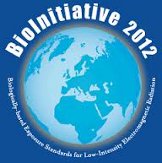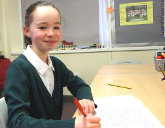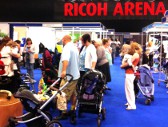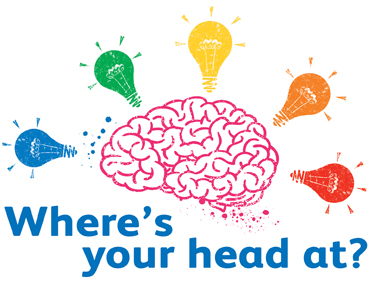Scientists report possible and probable links between electromagnetic fields and ASD

"Special education classrooms should aim for 'no wireless' conditions to reduce avoidable stressors that may impede social, academic and behavioral progress"
Peter Limbrick writes –
Here are two brief extracts from Section 20 of the Bioinitiative Report 2012
They are offered in the expectation that people in the ASD field will want to read the full section.
Section 20 is entitled, 'Findings in Autism (ASD) Consistent with Electromagnetic Fields (EMF) and Radiofrequency Radiation (RFR)'
By Martha Herbert, PhD, MD, Harvard Medical School, Assistant Professor of Neurology Massachusetts General Hospital, Pediatric Neurology TRANSCEND Research Program, Director
and Cindy Sage, MA, Sage Associates, Santa Barbara, CA USA
First extract (p 4)
"Part 1 - INTRODUCTION
The premise of this review is that although scant attention has been paid to possible links between electromagnetic fields and radiofrequency exposures (EMF/RFR) and Autism Spectrum Disorders (ASDs), such links probably exist.
The rationale for this premise is that the physiological impacts of EMF/RFR and a host of increasingly well-documented pathophysiological phenomena in ASDs have remarkable similarities. Additional support may be found in the parallels between the rise in reported cases of ASDs and the remarkable increases in EMF/RFR exposures over the past few decades. Reviewing these similarities does not prove that these parallels imply causality – that kind of research has not been done.
Moreover, the physiological processes affected by EMF/RFR are also impacted by other environmental factors. Yet EMF/RFR does not need to be a unique contributor to ASDs to add significantly to system overload ('allostatic load') and dysfunction. Even so these pathophysiological overlaps do suggest that the potential for an EMF/RFR-ASD connection should be taken seriously, and that their vulnerable biological features may make many with ASDs more likely to experience adverse EMF/RFR impacts.
This is a sufficient basis to recommend that precautionary measures should be implemented and respected, that further research should be prioritized, and that policy level interventions based on existing and emerging data should be designed and pursued. Moreover, pursuing this link could help us understand ASDs better and find more ways to improve the lives of people with ASDs and of so many others."
Second extract (pp 57-58)
"2. Encourage precautions right now based on present knowledge
In the meantime many people have already started taking precautionary measures, and more will wish to do so. Physicians and health care people should raise the visibility of EMF/RFR as a plausible environmental factor in clinical evaluations and treatment protocols. Reducing or removing EMF and wireless RFR stressors from the environment is a reasonable precautionary action given the overall weight of evidence.
- Children with existing neurological problems that include cognitive, learning, attention, memory, or behavioral problems should as much as possible be provided with wired (not wireless) learning, living and sleeping environments,
- Special education classrooms should aim for 'no wireless' conditions to reduce avoidable stressors that may impede social, academic and behavioral progress.
- All children should reasonably be protected from the physiological stressor of significantly elevated EMF/RFR (wireless in classrooms, or home environments).
- School districts that are now considering all-wireless learning environments should be strongly cautioned that wired environments are likely to provide better learning and teaching environments, and prevent possible adverse health consequences for both students and faculty in the long-term.
- Monitoring of the impacts of wireless technology in learning and care environments should be performed with sophisticated measurement and data analysis techniques that are cognizant of the non-linear impacts of EMF/RFR and of data techniques most appropriate for discerning these impacts.
- There is sufficient scientific evidence to warrant the selection of wired internet, wired classrooms and wired learning devices, rather than making an expensive and potentially health-harming commitment to wireless devices that may have to be substituted out later, and
- Wired classrooms should reasonably be provided to all students who opt-out of wireless environments."





